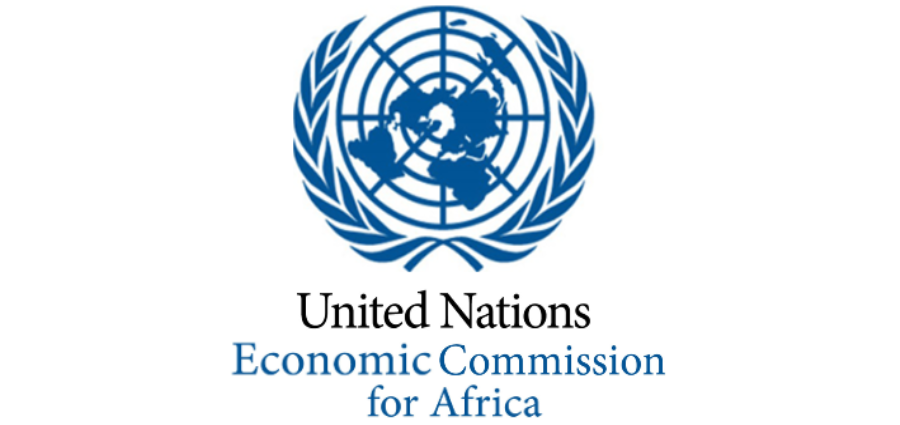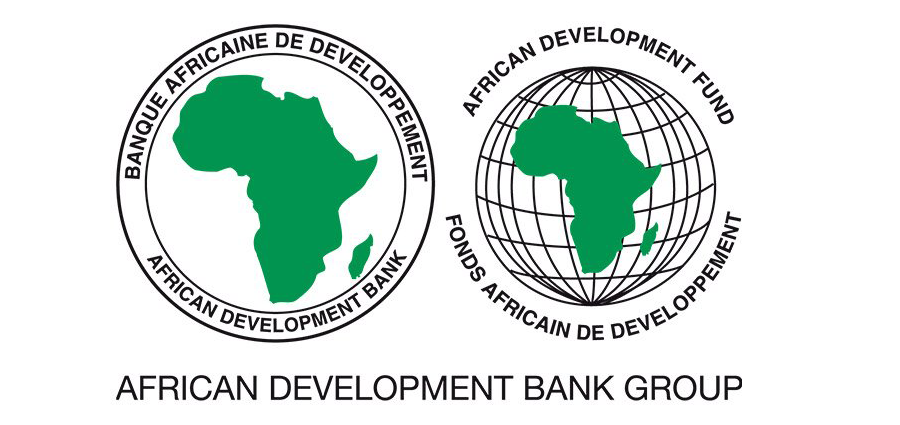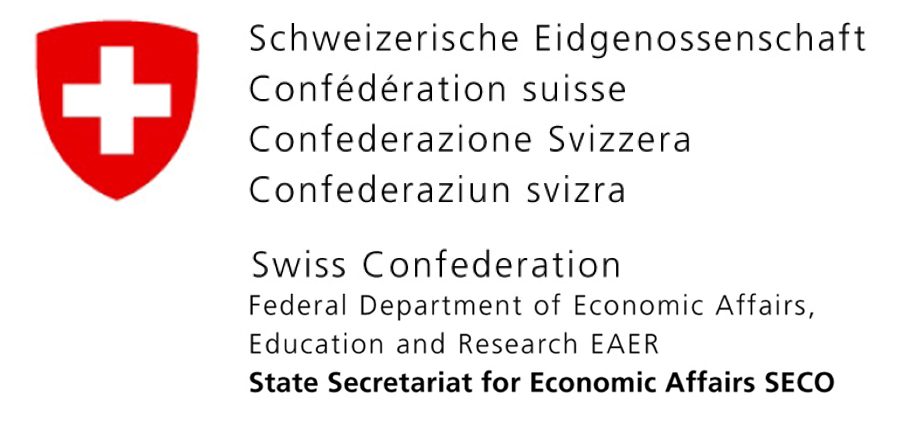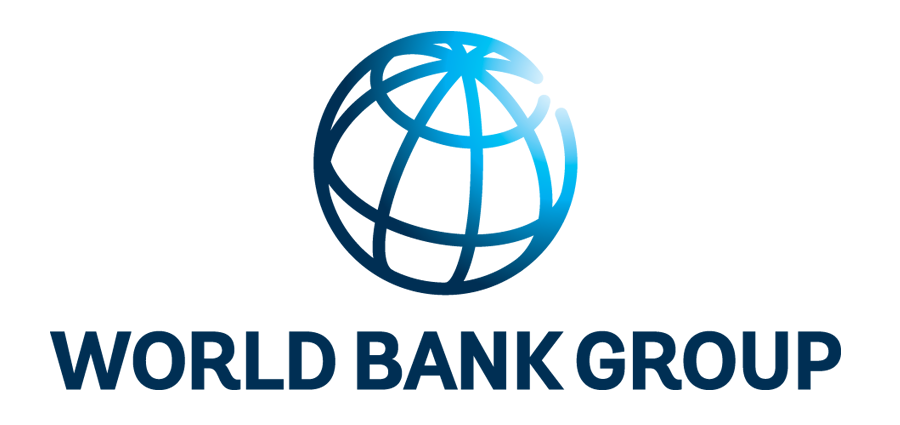Mainstreaming Road Safety in Regional Trade Corridors
Mainstreaming Road Safety in Regional Trade Road Corridors
“These guidelines complement current tools for assessing, addressing and managing road safety interventions at country level.”
Dr. Etienne Krug, Director of the Department of Violence and Injury Prevention and Disability with the World Health Organization
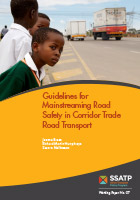 (Download PDF) (Download PDF) |
OverviewThis publication provides best practice guidelines for mainstreaming road safety in trade corridors investment programs in low and middle income countries (LMICs). The benefits of both physical and institutional improvements of trade corridors have often been compromised by the increases in road accident risks as a result of increased truck traffic volumes and higher speeds. Hence the need to maximize the effectiveness of these investments through more comprehensive and efficient interventions in road safety. However, the available guidance on how corridor projects should address road safety has been considered limited. These guidelines intend to fill this gap and provide a tailored approach to road safety priorities by (i) highlighting global best practice road safety management in regional trade corridors; (ii) summarizing current road safety management capacity in LMICs; (iii) outlining generic components of best practice road safety investment projects; and (iv) setting out a roadmap and a range of tools to assist the identification, preparation and implementation of projects. |
Templates for Terms of Reference
Technical Assistance
Project scoping and specification of concept
- No 1. Assessment of designated lead agency capacity
- No 2. Review of corridor road safety priorities
- No 3. iRAP survey of corridors
- No 4. Specification of project components
Detailed project specification & implementation
- No 5. Systematic infrastructure safety improvements
- No 6. Deterrence-based safety enforcement programs
- No 7. Publicity & awareness
- No 8. Community development & corporate social responsibility programs
- No 9. Improved post-crash response services
- No 10. Improved medical emergency services
- No 11. Heavy commercial vehicles
- No 12. Heavy commercial vehicle drivers
- No 13. Infrastructure safety performance standards
- No 14. Project management support
- No 15. Performance measures and periodic surveys


